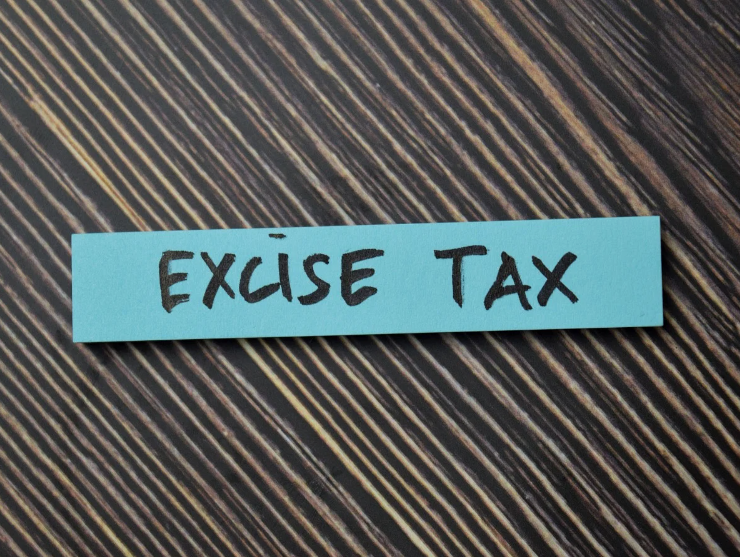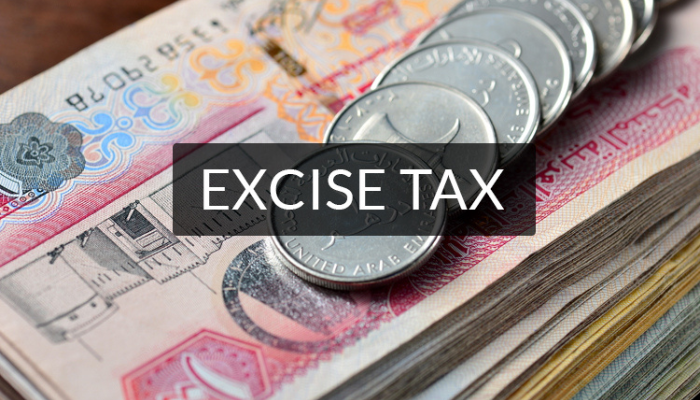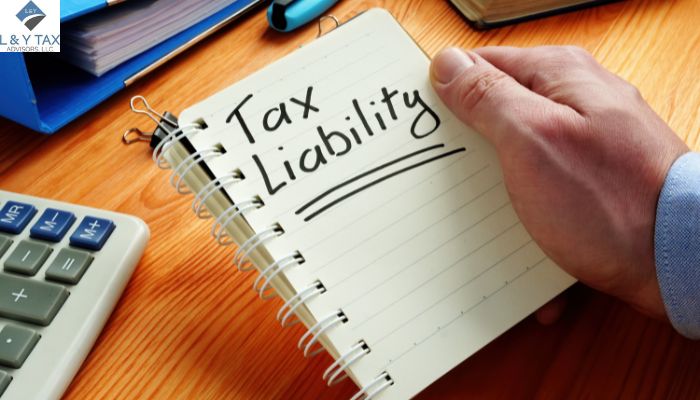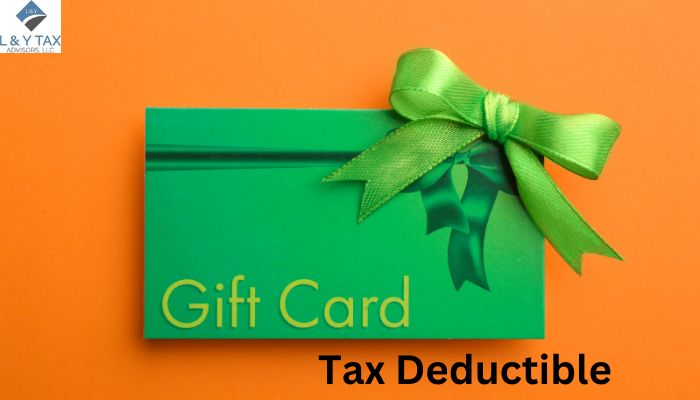
How is an Excise Tax Different from a Sales Tax
Taxes play an essential role in sustaining the living norms of a society or country, influencing financial decisions, and molding the government’s revenue. Excise tax and sales tax are two primary forms of taxes that are frequently discussed. While both serve as a tool for governments to collect income, their scope, applicability, and impact on consumers and different organizations vary greatly. Therefore, it is crucial to learn how is an excise tax different from a sales tax. Our tax advisors Texas shall assist you in looking at the underlying distinctions between excise tax and sales tax. They will surely help you comprehend these two taxing techniques better.
What is a Sales Tax?
Instead of diving right into how is an excise tax different from a sales tax, it is essential to start the discussion with a sales tax – a consumption tax implemented on purchases of goods and services.
In general, the retailer collects it at the point of sale (POS), and the tax rate is usually a percentage of the purchase price. Customers must pay an amount as sales tax in addition to the cost of the products or services.
Application of Sales Tax
Sales tax is levied on a wide range of consumer goods and services. These products include clothes, electronics, groceries, dining at restaurants, and many other things of daily use. The precise items and services subject to sales tax may range from one jurisdiction to the next, as may the tax rates.
Who Pays Sales Tax?
Sales tax expenses can put a strain on consumers. When you make a purchase, sales tax is added to your bill, and you pay it directly to the store. The retailer then pays the taxes collected to the government.
Sales Tax Variability
It is crucial to note that sales tax rates vary concerning the region and type of item sold. Some countries may impose a lower sales tax rate on food or necessities than on luxury products.
What is an Excise Tax?
An excise tax differs from a sales tax in terms of purpose or application. Excise taxes are also referred to as ‘sin taxes.’ It is because they are levied primarily on specific items or activities that are considered harmful, unpleasant, or non-essential.
Excise Tax Application
Tobacco, alcohol, fuel, guns, and some luxury commodities, such as yachts and private aircraft, are all subject to excise duties. Excise taxes are levied on certain commodities by the government to restrain their use or to collect income from industries that may have negative societal consequences.
Who Pays Excise Tax?
Excise taxes are frequently embedded in the price of the product or service. The producer or importer pays them before it reaches the customer. These enterprises usually pass on the expense of the tax to customers by raising their prices.
Purpose of Excise Tax
Excise taxes serve a variety of functions. By manufacturing pricey, risky items, such as cigarettes and alcohol, they can help limit their usage. They can also make cash for the government, which can be used for specific reasons, such as supporting healthcare and infrastructure initiatives.
How is an Excise Tax Different from a Sales Tax?

Now that you’ve learned the basic concepts of both sales tax and excise tax let’s see how is an excise tax different from a sales tax.
- Scope
Sales tax is payable on many products and services, affecting a large portion of the population. Whereas you are responsible for paying excise tax on specific products or activities, impacting a smaller percentage of the population.
- Point of Collection
The retailer collects sales tax directly from the consumer at the point of transaction. On the other hand, excise tax is generally collected from the manufacturer, distributor, or importer before the product reaches its destination (consumer).
- Variation in Rate
Sales tax rates vary greatly depending on region and product type. In contrast, excise tax rates are usually fixed for certain products and vary less from region to region.
- Purpose
The primary purpose of the sales tax is to provide general income to the government. However, excise tax is frequently used to generate income while preventing the use of particular items or activities.
- Consumer Impact
Buyers directly pay sales tax. You must have seen it as a final price shown on the receipts. However, excise taxes are different since they are frequently included in the price of a product.
Final Thoughts
Understanding how is an excise tax different from a sales tax is critical for making well-versed financial decisions and appreciating the societal goals that excise taxes seek to achieve. Whether it’s a sales tax on regular purchases or an excise tax on a luxury item, taxes have a significant impact on your country’s economic behavior. For further clarification, please reach out to L&Y Tax Advisors The Woodlands, serving in the Lone Star State and nearby areas for a great many years!


